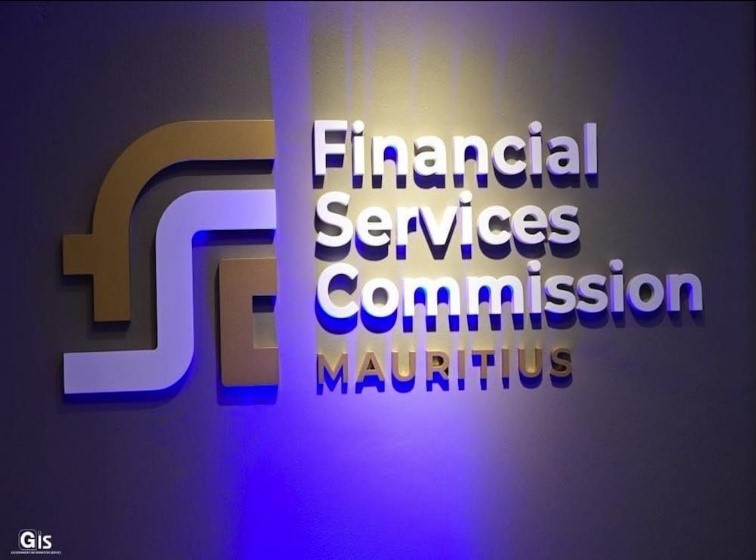The Financial Services Commission (FSC) is the apex body responsible for licensing, regulating, monitoring and supervising all non-banking financial activities.
The FSC was set up by Act of Parliament under the Financial Services Development Act 2001. Under the provisions of the FSD Act, the Financial Services Commission has taken over the functions of the previous three non-banking regulators namely the Stock Exchange Commission, the Insurance Division of the Ministry of Financial Services and the MOBAA. The FSC also supervises the activities of all presently non-regulated or partly regulated non-banking financial activities, such as asset management, pensions schemes and pension management. The FSC has strong and effective powers of inspection under Part IV of the FSD Act 2001, and it may give directions, issue roles, guidelines or code for the proper conduct of business.-bank financial activities, such as asset management, pensions schemes and pension management.
The FSC has been adopting a very cautious approach in introducing changes in the regulation of the various activities in the non-bank financial services sector.
In carrying out its functions, the Commission is guided by its four main statutory objectives:
- Safety and stability of the market;
- Integrity of the market;
- Fair treatment of investors and consumers;
- The protection of the reputation of Mauritius as a financial services centre by repressing crimes and dishonourable conduct.
The FSC understands that the statute requires the Commission to develop for sustainable industry development. All these objectives need a harmonious framework. An over-emphasis, for instance, on the element of safety and stability by introducing high-handed rules to prevent the collapse of a financial institution, might impact adversely on the ability of the institution to innovate and be competitive, and the cost of regulation and supervision might grow out of proportion. Conversely, some objectives reinforce each other: for example measures taken to ensure the integrity of the market will bolster up the objective of preserving Mauritius’ stability This regulatory framework describes the role and approach of the FSC in each of its main areas of activities.
The FSC is designing this regulatory framework on the basis of:
- A coherent and comprehensive structure that creates a level playing field among providers of financial services;
- A broad based adoption of international standards and norms, bearing in mind local specificities;
- A balanced approach to regulation that addresses both the objectives and costs of regulation, and
- A risk-based approach that focuses regulatory attention on areas according to their level of risks to the financial system.
While concessions have been made to smoothen procedural aspects respecting the exercise of supervisory scrutiny, the FSC has been unable to compromise on regulatory standards per se. The FSC considers the implementation of good regulatory standards as part of a long term strategic objective towards the maintenance of a sound and well reputed financial centre in Mauritius. Other than this fundamental consideration, the FSC is all the more conscious of the fact that the international community has its sight centred on international regulatory standards in their actual application by individual jurisdictions and that Mauritius cannot afford to join jurisdictions having short term perspectives in this respect
In June 2003, within the context of the Financial Sector Assessment Programme (FSAP), the joint mission of the International Monetary Fund (IMF) and the World Bank found, concerning the financial services sector, “a high level of compliance with internationally accepted norms of best practices”, thus commending the FSC’s approach in regulatory reforms and recognizing the efforts undertaken by the commission to enhance regulation and supervision.








